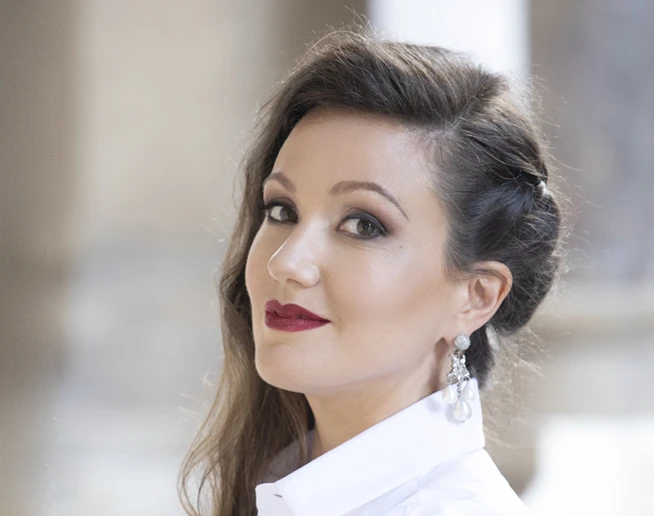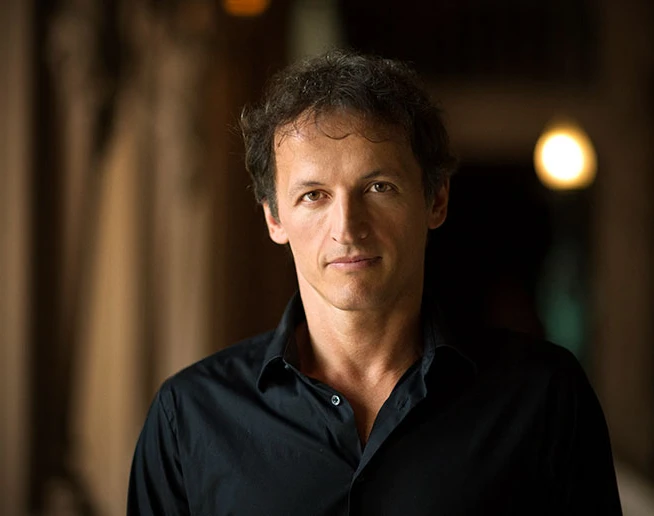Requiem
Wolfgang Amadeus Mozart
One of the most poignant works in the sacred repertoire informed by three centuries of legends
Dates
Amina Edris | soprano
Eléonore Pancrazi | mezzo-soprano
Amitai Pati | tenor
Alexandre Duhamel | baritone
Hervé Niquet | direction
Orchestre de chambre de Paris
Chœur du Concert Spirituel
First part
Mozart Symphony No. 39 K. 543
About
Never has a work left such a dark legacy, exacerbated by almost three decades of legend. The circumstances surrounding the composition of the Requiem are steeped in romantic mystery. In July 1791, Mozart, who was exhausted by his work and by moral and financial worries, was penning the closing lines of The Magic Flute when he received a visit from a secret messenger. We now know that this was the steward to Count Walsegg, a music-loving widower who wished to commission a funeral mass in memory of his wife. Work began in the autumn of 1791, but was cut short when the musician died. His wife Constance initially entrusted the score to Eybler, who was also unable to complete it, and then to Mozart’s pupil Süssmayer, to whom he had given a number of notes about the Requiem. Recent research has attempted to unpick which contributions are by Mozart and which are by his pupil in order to produce a definitive edition which is as close as possible to the musician’s intentions.
Coproduction Les Grandes Voix / Orchestre de chambre de Paris



